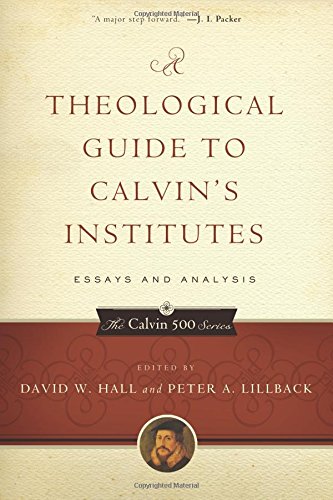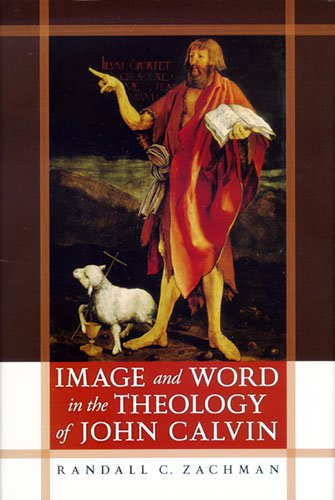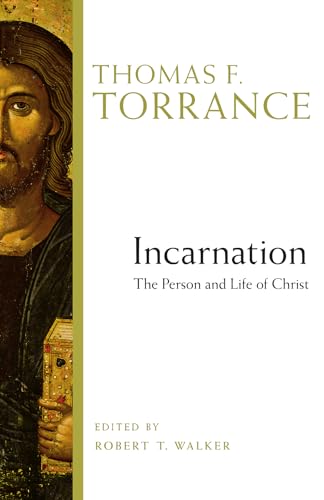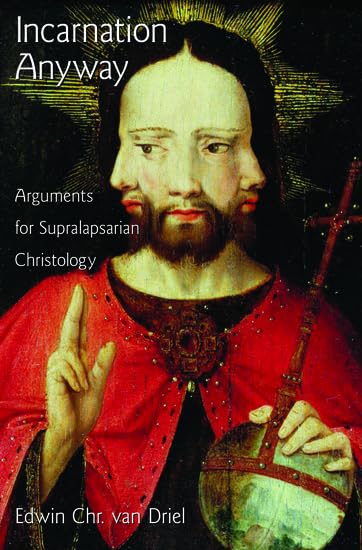Theology and Culture: A Guide to the Discussion
Written by D. Stephen Long Reviewed By Ted NewellD. Stephen Long, professor of theology at Marquette University, has written a compact guide of twelve “lessons” to the widening field of theological culture study—a mini-course of only 114 pages. As does any good guide, Long draws on his own sensibility to enable newcomers to understand the contours of the field.
The book is in three sections. In the first section, lessons 1–6, Long delineates culture in relation to theology by referring to nature, language, and theology. In lessons 7–9, Long interacts with the main stream of theological thought about culture. In lessons 10–12, Long provides sketches of six current proposals for theology and culture.
Long’s foundational first section begins with a reminder that the task of theology is nothing other than the task of speaking rightly about God, a genuinely awesome task in view of the first three commandments. Humans have no other choice than to use language, thus culture, in speaking about One who is infinite as we are not. Yet God and culture were related in the incarnation when God became human in order to communicate inside history; and the church’s life continues to have dual divine-human reality in its fellowship, sacraments, and preaching of the Word.
The following lessons within the first section review basic issues for “culture.” The term itself was taken from the realm of agriculture and applied metaphorically to more abstract human cultivations of “nature.” So “culture” the metaphor is not, after all, a “secure, definitive something that gives us the possibility of knowing other things … is not a distinct foundation upon which other things like ‘language, habits, ideas, beliefs, customs, social organizations’ build” (21). Further, culture was defined over and against the realm of “nature,” a distinction that has become more difficult in a time of artificial intelligence and post-human evolution. Theologians were always aware of the weakness of language in speaking of the ineffable, but since the linguistic turn in philosophy and heightened sensitivity to questions of interpretation, the awareness of language’s limits has also been heightened. In speaking of God, are we speaking of anything more than ourselves and our culture? Long gives a preliminary answer: we speak of God regularly whether or not we can account fully for the act.
Having alerted the newcomer to basic issues, Long turns to a historical account. Long’s second section considers how theologians have thought about culture. The most famous Christian culture theory is H. R. Niebuhr’s 1951 typology of five paradigms of “Christ” in relation to “culture,” with Paul Tillich’s correlation of culture and religion a close second. Tillich sees the church’s efforts to incarnate the gospel in one place and time as always receding, always partial, always cultural expressions. Long emphasizes that the dominant accounts of Christianity and culture have assumed a liberal Protestant view of religion that they absorbed from the German church historian Ernst Troeltsch. For Niebuhr, Tillich, and Troeltsch, culture is outside of theology, something to which theology must be correlated. In their thinking Christianity is an essence to be hosted within a culture, a mystical reality without any definite shape of its own, a mystery that can comport with various social and political bases. Long’s first section showed that theology and culture were entwined, and now he leads readers to see that the recently dominant accounts were products of their times.
In the third section, Long reviews six current proposals for a theological culture theory. He is clear that he rejects the notion that Christianity itself has no social shape of its own, pointing to the Anabaptist tradition and to the cultural-linguistic theological model of George Lindbeck that he calls a watershed. Lindbeck’s 1984 The Nature of Doctrine aims to advance ecclesial accord by moving the basis of agreement from either confessional or experiential-expressive models—broadly, conservative or liberal—toward a cultural-linguistic understanding of doctrine. To Lindbeck, doctrinal systems should be understood as languages internal to their communities but possibly intending similar meanings. As Long had written earlier, Lindbeck would never compare “theology to culture because this would be akin to comparing triangles and a three-sided planar figure whose angles always add up to 180 degrees” (53). Long also reviews contributions of analytical, post-modern feminist, Radical Orthodox, and Communio Catholic schools of thought, noting that these together are six of dozens of current proposals.
Long’s guidance is within a renewed Anabaptist tradition fed by the writings of George Lindbeck and Stanley Hauerwas, and the critique of Niebuhr is consistent with Craig Carter’s (2006) pacifist revision of Niebuhr’s Christ and Culture. I wondered if Tillich’s correlation of religion and culture merited a closer look. Tillich was reacting precisely against the unity of state and church that had allowed Nazism to go unchecked, and his analysis of culture makes it at root religious, not the same as Niebuhr’s separate-categories approach. While Tillich’s understanding of Christianity as never a perfect expression of the truth seems relativistic and historicistic, perhaps more can be said about the incarnation and biblical authority to bolster that weakness. Besides, Lindbeck’s cultural-linguistic approach also seems to lack a criterion of reality. One would need to go beyond Long’s sensible acknowledgement of the reality of God-talk into an account of inspiration that does justice to that reality.
That said, Long’s guide is a super, short introduction to culture for seminarians and upper level undergraduates in courses in apologetics, hermeneutics, or missions, especially contextualization. If you are beginning to read in this area, Long’s guide will help you see the highways of discussion. Each lesson ends with questions for reflection, which are helpful as self tests. A minor quibble: I noted several typos.
Ted Newell
Ted Newell
Crandall University
Moncton, New Brunswick, Canada
Other Articles in this Issue
Why are we talking about preaching with power? Because of what Christianity is...
In the mid-twentieth century, one could readily find informed Protestant observers acknowledging the Calvinist tradition’s major missionary contribution...
The summer of 2007 was the wettest in Britain since records began, registering over twice the usual amount of rainfall between May and July...
How Far Beyond Chicago? Assessing Recent Attempts to Reframe the Inerrancy Debate
by Jason S. SextonThe doctrine of inerrancy has been a watershed issue among evangelicals in the West, perhaps now more evident than ever...
Quite apart from commentaries and hermeneutical textbooks, books on the Bible—its nature and ultimately its authority—have been appearing with daunting frequency of late







